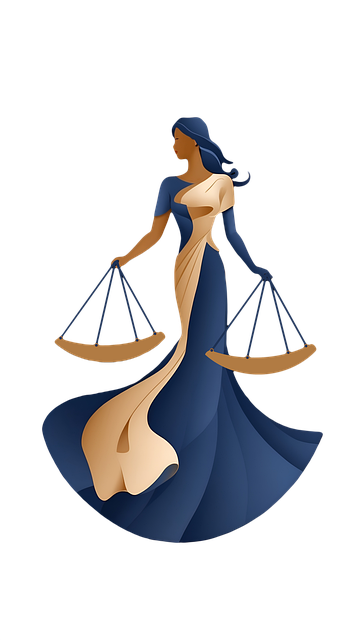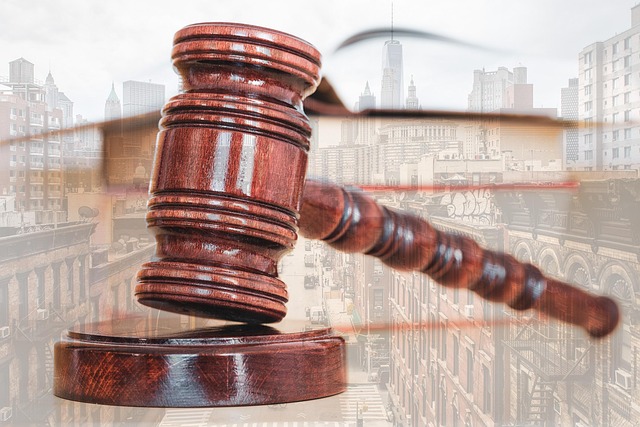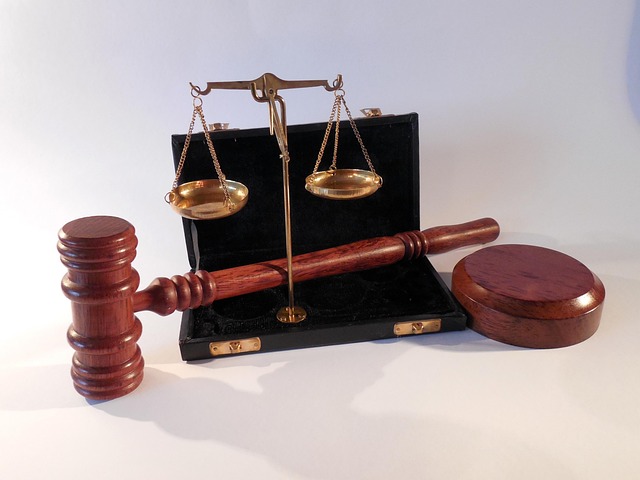Criminal law cases, focusing on harmful or dangerous crimes, establish complex frameworks crucial for startups aiming for Competition Law Compliance. From initial reporting to trials and precedents, these cases demand meticulous legal application for fairness. Understanding these structures is vital for survival and growth in competitive markets, preventing costly pitfalls like fraud or cybercrimes. Startups must navigate Competition Law Compliance proactively through industry research, expert counsel, internal policies, and staying current with legal landscapes to avoid anti-competitive behaviors and protect consumer interests.
“Dive into the intricate world of criminal law cases as we explore their profound implications on startups. Understanding the legal frameworks that govern these cases, such as competition law compliance, is crucial for navigating the challenges faced by young businesses. This article delves into common types of criminal offences and their impact, providing a guide to avoiding legal pitfalls. Through in-depth case studies, we uncover valuable lessons from high-profile disputes, offering insights that every startup founder should consider.”
- Understanding Criminal Law Cases: An Overview of Legal Frameworks
- Common Types of Criminal Offences and Their Impact on Startups
- Navigating Competition Law Compliance: A Startup's Guide to Avoiding Legal Pitfalls
- Case Studies: Lessons Learned from High-Profile Startup Criminal Law Disputes
Understanding Criminal Law Cases: An Overview of Legal Frameworks

Criminal law cases encompass a complex web of legal frameworks designed to maintain societal order and justice. At its core, criminal law focuses on crimes—acts deemed harmful or dangerous to society—and the subsequent prosecution of individuals who commit them. Understanding these legal frameworks is essential for both legal professionals and entrepreneurs, especially startups navigating Competition Law Compliance.
The process involves all stages of the investigative and enforcement process, from initial reporting and police investigations to prosecutor charges, jury trials (in some cases), and ultimately, sentencing or plea bargains. Each stage demands a meticulous application of laws and regulations, reflecting an unprecedented track record of ensuring fairness and accountability in criminal justice systems worldwide. Moreover, these cases set precedents that shape future legal interpretations and practices, underscoring the critical role they play in shaping the legal landscape, including areas like Competition Law Compliance for startups aiming to thrive in a regulated environment.
Common Types of Criminal Offences and Their Impact on Startups

In the dynamic landscape of startups, navigating criminal law cases can pose significant challenges, especially when it comes to common types of criminal offences. These range from fraud and embezzlement to cybercrimes and environmental violations. Each offence carries its own set of legal complexities and potential impacts on a startup’s operations, reputation, and financial health. For instance, a data breach or copyright infringement can disrupt business continuity, incur hefty fines, and lead to loss of consumer trust—a factor crucial for any emerging business aiming for growth.
Competition Law Compliance is an area that demands meticulous attention for startups. Unforeseen legal battles, particularly in highly regulated sectors, can jeopardize the competitive edge these businesses strive for. An unprecedented track record of success for his clients, both corporate and individual, underscores the importance of proactive legal counsel. Such expertise ensures startups steer clear of legal pitfalls, fostering an environment conducive to innovation and expansion, which is vital for their long-term viability in a cutthroat market.
Navigating Competition Law Compliance: A Startup's Guide to Avoiding Legal Pitfalls

Starting a new business is an exciting yet demanding endeavor, especially when navigating complex legal frameworks like Competition Law Compliance. For startups, ensuring adherence to these regulations is crucial for long-term success and avoiding costly legal pitfalls. Competition Law, designed to foster fair market practices, protects consumers by preventing anti-competitive behaviors, such as price-fixing or market dominance by a single entity. Startups, with their innovative ideas and rapid growth potential, must be particularly vigilant in understanding and complying with these laws.
A comprehensive approach is essential for any startup aiming for sustainable success. This includes meticulously researching industry standards, seeking legal counsel from experts specializing in Competition Law Compliance, and implementing robust internal policies. By staying proactive and informed, startups can mitigate risks effectively. An unprecedented track record of winning challenging defense verdicts across the country serves as a testament to the value of meticulous planning and compliance in thriving businesses.
Case Studies: Lessons Learned from High-Profile Startup Criminal Law Disputes

In the fast-paced world of startups, where innovation meets competition, navigating legal complexities is an inevitable part of the journey. High-profile criminal law disputes in recent years have served as powerful case studies, offering valuable lessons for aspiring entrepreneurs and legal professionals alike. These cases highlight the critical importance of Competition Law Compliance for Startups, especially when dealing with intricate business dealings and ambitious growth strategies.
Through these real-world scenarios, we witness the consequences of failing to adhere to stringent legal regulations. White collar defense becomes a vital component in achieving extraordinary results for startups facing criminal charges. By studying these incidents, entrepreneurs can gain insights into proactive measures to mitigate risks, ensuring their respective businesses remain compliant and thrive in an increasingly regulated environment.
In navigating the complex landscape of criminal law cases, startups must not only understand their legal frameworks but also be vigilant in ensuring competition law compliance. By learning from high-profile disputes and adopting best practices in this regard, young enterprises can protect themselves from significant legal pitfalls. Balancing growth and regulatory adherence is crucial for long-term success, allowing startups to thrive while respecting the rules that govern fair business competition.






